Dachshunds, with their distinctive long bodies and short legs, are a beloved breed known for their spirited personality. Due to their unique body structure and energetic nature, Dachshunds have specific dietary needs. This comprehensive guide provides detailed insights into crafting the ideal diet for your Dachshund, ensuring they remain healthy and vibrant.
Understanding Dachshund Nutritional Needs
Dachshunds, like all dogs, require a balanced diet that includes proteins, carbohydrates, fats, vitamins, and minerals. However, their unique physique and propensity for certain health issues dictate a more tailored approach to their nutrition.
Our 5 Top Foods for Dachshunds
The diets were selected by our founder Justin Palmer, a certified canine nutrition expert, specifically with dachshunds in mind:
| Food | Pros | Cons |
|---|---|---|
|
|
|
|
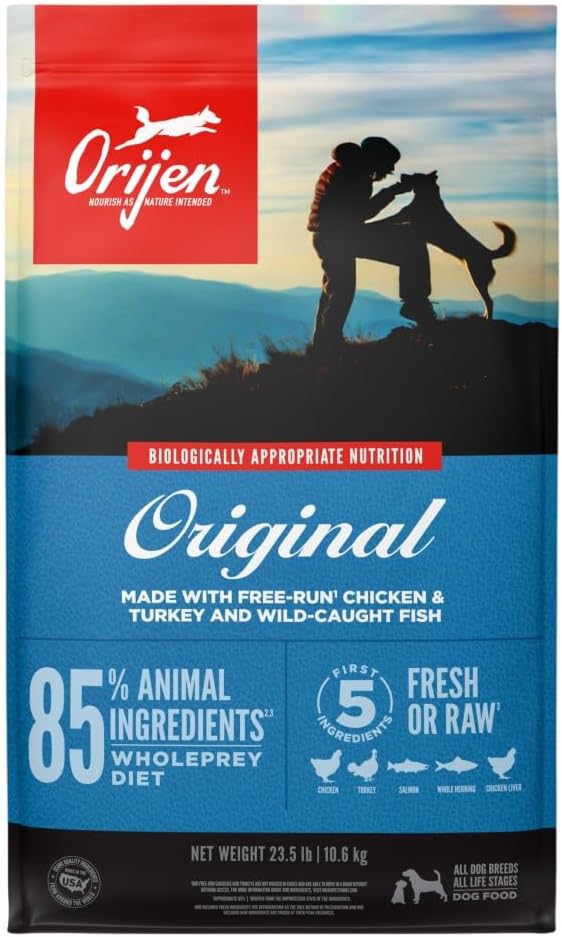
Check Today's Price on: |
|
|
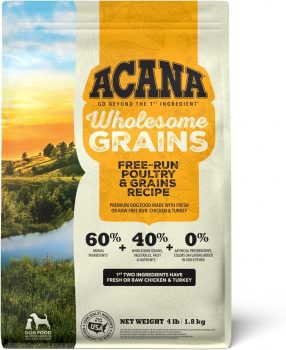
Check Today's Price on: |
|
|
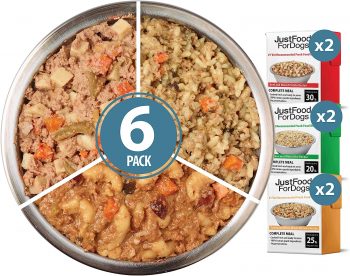
Check Today's Price on: |
|
|
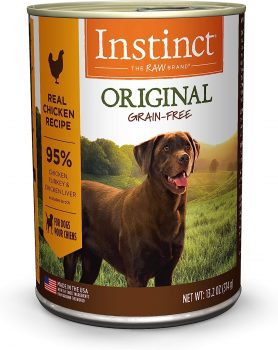
Check Today's Price on: |
|
|
Protein: The Building Block of a Dachshund’s Diet
High-quality protein is essential for muscle maintenance and overall health in Dachshunds. Good protein sources such as chicken, turkey, beef, and fish should be a staple in their diet. It’s important to ensure that these proteins are lean and not overly fatty.
Carbohydrates: Energy and Digestive Health
Carbohydrates provide Dachshunds with energy and dietary fiber, which is important for their digestive health. Opt for complex carbohydrates like brown rice, sweet potatoes, and vegetables, as these also offer essential vitamins and minerals.
Fats: Essential but Moderated
Fats are necessary for energy and maintaining healthy skin and coats. However, due to the Dachshund’s propensity for obesity, fat intake should be carefully monitored. Sources of good fats include fish oil and flaxseed.
- Contains no fillers, only quality proteins, veggies, vitamins, and minerals
- Pre-portioned meals are based on your dog’s unique dietary needs
- Formulated by in-house Board Certified Veterinary Nutritionists
- All foods are prepared, mixed, and packed with care in USA kitchens
- Shipped to you fresh, cold, and on your schedule
Special Dietary Considerations for Dachshunds
Dachshunds are prone to certain health issues that can be mitigated or managed through diet.
Preventing Obesity: Portion Control and Balanced Meals
Given their small size and long spine, obesity is a significant concern for Dachshunds. Overweight Dachshunds are at a higher risk for back problems, like intervertebral disc disease (IVDD). Monitoring portion sizes and avoiding calorie-dense foods is crucial.
Supporting Spinal Health
Due to their long backs, Dachshunds are prone to spinal issues. A diet rich in omega-3 fatty acids, glucosamine, and chondroitin can support spinal health and reduce inflammation.
Managing Allergies and Sensitivities
Dachshunds can be prone to allergies, which may manifest as skin irritations or gastrointestinal issues. Identifying and avoiding allergens is key, and hypoallergenic diets can be beneficial for sensitive dogs.
The Role of Supplements in a Dachshund’s Diet
While a well-balanced diet should provide most of the nutrients a Dachshund needs, certain supplements can be beneficial in specific cases.
Joint Supplements for Spinal Health
Joint supplements containing glucosamine and chondroitin can support spinal health, particularly important for a breed prone to back issues.
Omega Fatty Acids for Coat and Skin
Supplements rich in omega-3 and omega-6 fatty acids can promote a healthy coat and skin, which is beneficial for Dachshunds prone to skin allergies.
Understanding Feeding Practices for Dachshunds
How and when you feed your Dachshund is as important as what you feed them.
Regular Feeding Schedule
Maintaining a regular feeding schedule helps regulate a Dachshund’s metabolism and aids in digestion. Typically, adult Dachshunds should be fed twice a day.
Appropriate Portion Sizes
The amount of food a Dachshund requires varies based on their age, size, and activity level. Overfeeding can quickly lead to obesity, so it’s important to measure their food and adjust portions as needed.
Feeding your Dachshund a balanced diet tailored to their unique needs is key to their health and happiness. Understanding their nutritional requirements, managing portions, and considering supplements when necessary, combined with a consistent feeding routine, will help keep your Dachshund in top condition. Always consult a veterinarian for personalized advice on your Dachshund’s diet.
What Health Issues Are Dachshunds Prone To, and How Can a Proper Diet Help?
Dachshunds, with their distinctive long bodies and short legs, are a beloved breed known for their playful and loyal nature. However, these unique physical traits also predispose them to various health issues. Understanding these health concerns and how a proper diet can mitigate them is crucial for any Dachshund owner. This article delves into the common health issues faced by Dachshunds and explores how nutritional management can play a vital role in maintaining their health and well-being.
The Spine: Understanding Intervertebral Disc Disease (IVDD) in Dachshunds
One of the most significant health concerns for Dachshunds is Intervertebral Disc Disease (IVDD). Due to their long spines and short rib cages, Dachshunds are more prone to spinal issues. IVDD occurs when discs between the vertebrae become herniated or degenerate, leading to pain, nerve damage, and in severe cases, paralysis. A diet rich in anti-inflammatory ingredients and essential fatty acids can help reduce inflammation and support spinal health.
Joint Health: Combatting Arthritis and Joint Issues
Dachshunds are also susceptible to joint problems like arthritis, particularly in their elbows and hips. This can be attributed to their unique skeletal structure and the strain it puts on their joints. Incorporating foods high in Omega-3 fatty acids, glucosamine, and chondroitin can aid in maintaining joint health and reducing inflammation.
Heart Health: Preventing Cardiac Issues
Like many small breeds, Dachshunds are at risk for cardiac problems, including heart disease. A balanced diet low in sodium and rich in antioxidants, like taurine and L-carnitine, can help support heart health and prevent cardiac issues.
Weight Management: Avoiding Obesity and Its Complications
Due to their body shape and propensity for inactivity, Dachshunds are particularly prone to obesity. Excess weight can exacerbate issues like IVDD, arthritis, and heart disease. A diet that is appropriately portioned and low in calories, yet high in fiber and protein, can help manage their weight effectively.
Skin and Coat Health: Ensuring a Healthy Dermis
Dachshunds, with their variety of coat types, can suffer from skin issues. A diet rich in vitamins and minerals, particularly Vitamin E and Omega-3 and Omega-6 fatty acids, can promote a healthy coat and skin, reducing the risk of dermatitis and other skin conditions.
Digestive Health: Addressing Gastrointestinal Sensitivities
Dachshunds often have sensitive digestive systems. Foods that are easily digestible, high in fiber, and contain probiotics can aid in digestive health, reducing the risk of gastrointestinal issues like pancreatitis and bloat.
Conclusion
Dachshunds are prone to several health issues due to their unique physical structure, a proper diet can play a crucial role in mitigating these problems. Tailoring your Dachshund’s diet to support their spine, joints, heart, weight, skin, and digestive system can significantly enhance their quality of life. As always, it’s important to consult with a veterinarian to tailor dietary choices to your Dachshund’s specific needs and health conditions. With the right care and nutrition, Dachshunds can lead a happy, healthy, and active life.
Frequently Asked Questions About Feeding Dachshunds

1. What is the best type of food for a Dachshund?
The best food for a Dachshund should be high in protein, moderate in fats, and low in carbohydrates. It’s important to choose a formula that supports their unique needs, such as foods that promote joint health and maintain a healthy weight. Consult with a vet to find a diet that suits your Dachshund’s age, activity level, and health conditions.
2. How much food should I feed my Dachshund daily?
The amount of food a Dachshund needs varies based on their age, weight, and activity level. Generally, adult Dachshunds require about ½ to 1½ cups of dry food per day, divided into two meals. It’s essential to follow feeding guidelines on the food packaging and adjust as necessary based on your dog’s individual needs.
3. Can Dachshunds eat a grain-free diet?
Dachshunds can eat a grain-free diet, but it’s not necessary unless they have a specific allergy or sensitivity to grains. Grain-free diets should be balanced and provide all the necessary nutrients. Always consult with your veterinarian before making significant changes to your dog’s diet.
4. Are there any foods that are toxic to Dachshunds?
Yes, several foods are toxic to Dachshunds, including chocolate, grapes, raisins, onions, garlic, and xylitol (a sweetener found in some sugar-free products). It’s important to avoid these foods entirely and be cautious about human foods you share with your pet.
5. How often should I feed my Dachshund?
Dachshunds should be fed twice a day – once in the morning and once in the evening. Consistent feeding times help regulate their digestion and prevent overeating, which is crucial for this breed prone to obesity.
6. Is it okay to give my Dachshund human food?
While some human foods are safe for Dachshunds in moderation, others can be harmful. Safe options include cooked lean meats, some fruits and vegetables, and plain rice. Always avoid toxic foods and consult with your vet about safe human food options.
7. Should I give my Dachshund supplements?
Supplements may be beneficial for some Dachshunds, especially those with specific health issues like joint problems or digestive sensitivities. However, supplements should only be given under the guidance of a veterinarian to ensure they are necessary and safe.
8. How can I tell if my Dachshund is overweight?
You can tell if your Dachshund is overweight by feeling their ribs and looking at their body shape. Ideally, you should be able to feel their ribs without excess fat covering them, and they should have a visible waist when viewed from above.
9. What is the best way to transition my Dachshund to a new food?
Transition your Dachshund to new food gradually over a period of 7-10 days. Start by mixing a small amount of the new food with their current food, gradually increasing the new food and decreasing the old. This helps prevent digestive upset.
10. Can Dachshunds be vegetarians?
Dachshunds, like all dogs, are primarily carnivorous. While a vegetarian diet is technically possible, it requires careful planning to ensure they receive all necessary nutrients. Always consult with a veterinarian before switching to a vegetarian diet.
11. What are the signs of food allergies in Dachshunds?
Signs of food allergies in Dachshunds include itching, skin rashes, ear infections, and gastrointestinal problems like diarrhea and vomiting. If you suspect your Dachshund has a food allergy, consult a veterinarian for diagnosis and management.
12. Is it better to feed my Dachshund dry kibble or wet food?
The choice between dry kibble and wet food depends on your Dachshund’s preferences and health needs. Dry food is good for dental health, while wet food can be more palatable and hydrating. A mix of both can provide a balance of benefits.
13. How can I prevent my Dachshund from eating too fast?
To prevent your Dachshund from eating too fast, you can use a slow feeder bowl, divide their meals into smaller portions, or feed them using food puzzles. Eating slowly is important to reduce the risk of bloat and improve digestion.
14. Can I feed my Dachshund a raw diet?
Feeding a Dachshund a raw diet can be done, but it requires careful planning to ensure it’s balanced and safe. Raw diets have risks like bacterial contamination and nutritional imbalances, so consult with a vet before starting a raw diet.
15. How do I know if my Dachshund’s diet is nutritionally balanced?
A nutritionally balanced diet for a Dachshund should include the right proportions of protein, fat, carbohydrates, vitamins, and minerals. Look for dog foods that meet AAFCO guidelines and consult with your veterinarian to ensure the diet meets your dog’s specific needs.
 Check Today's Price on:
Check Today's Price on: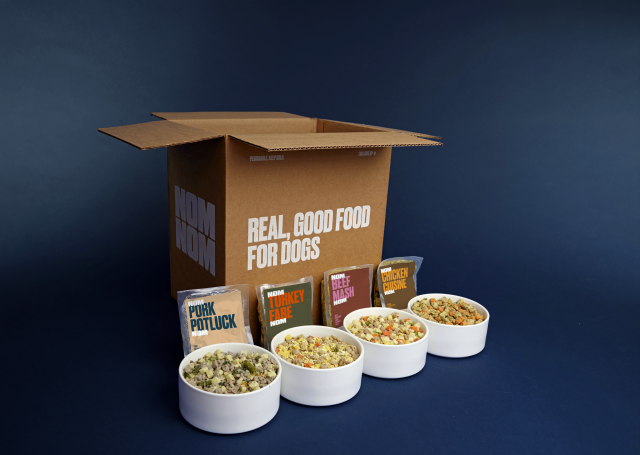
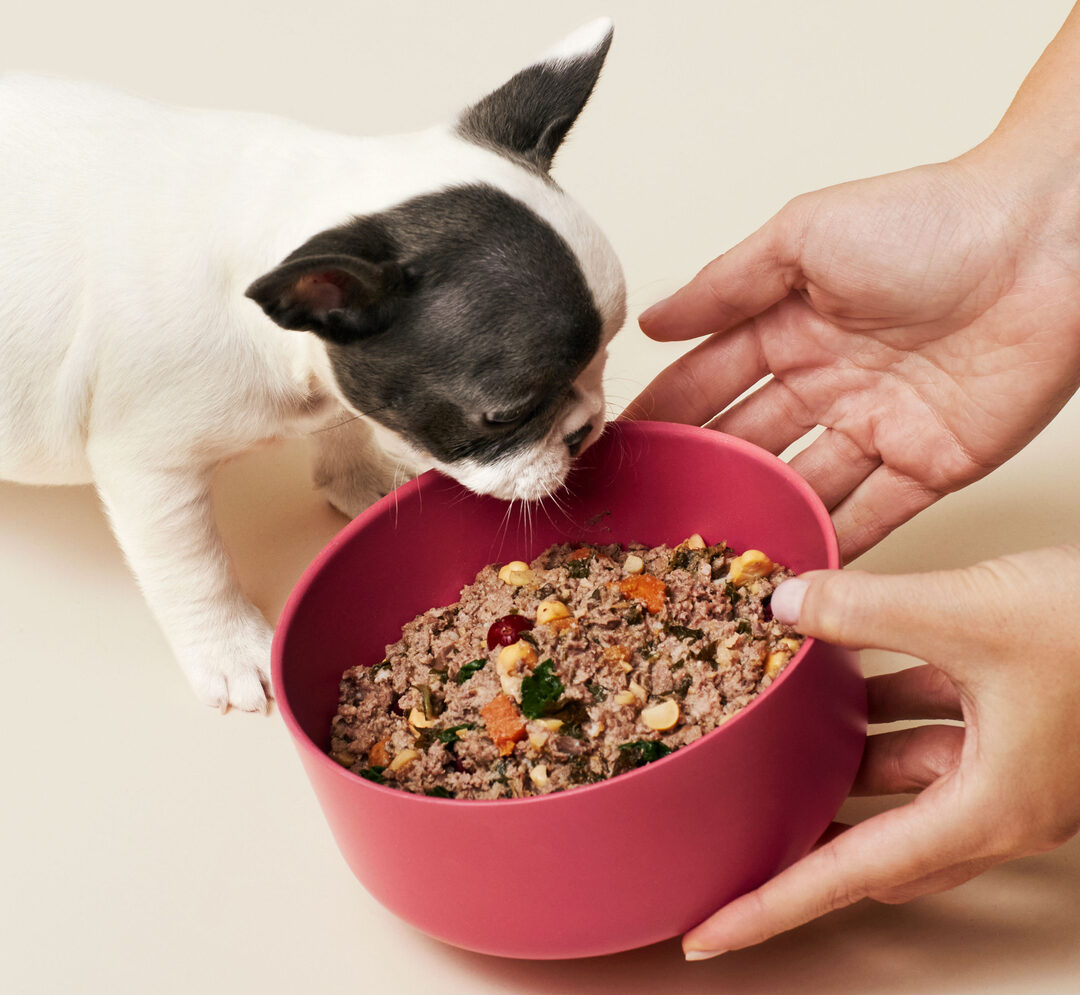
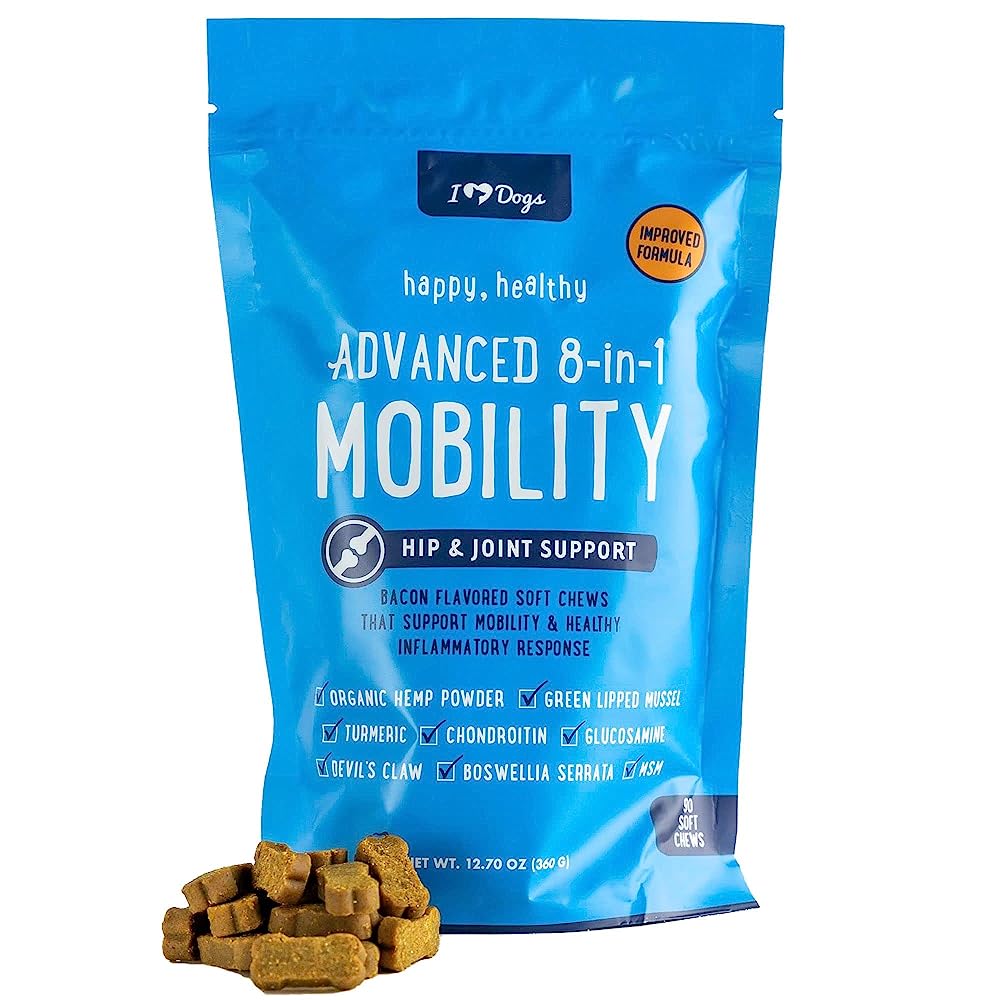

 Toledo, United States.
Toledo, United States.